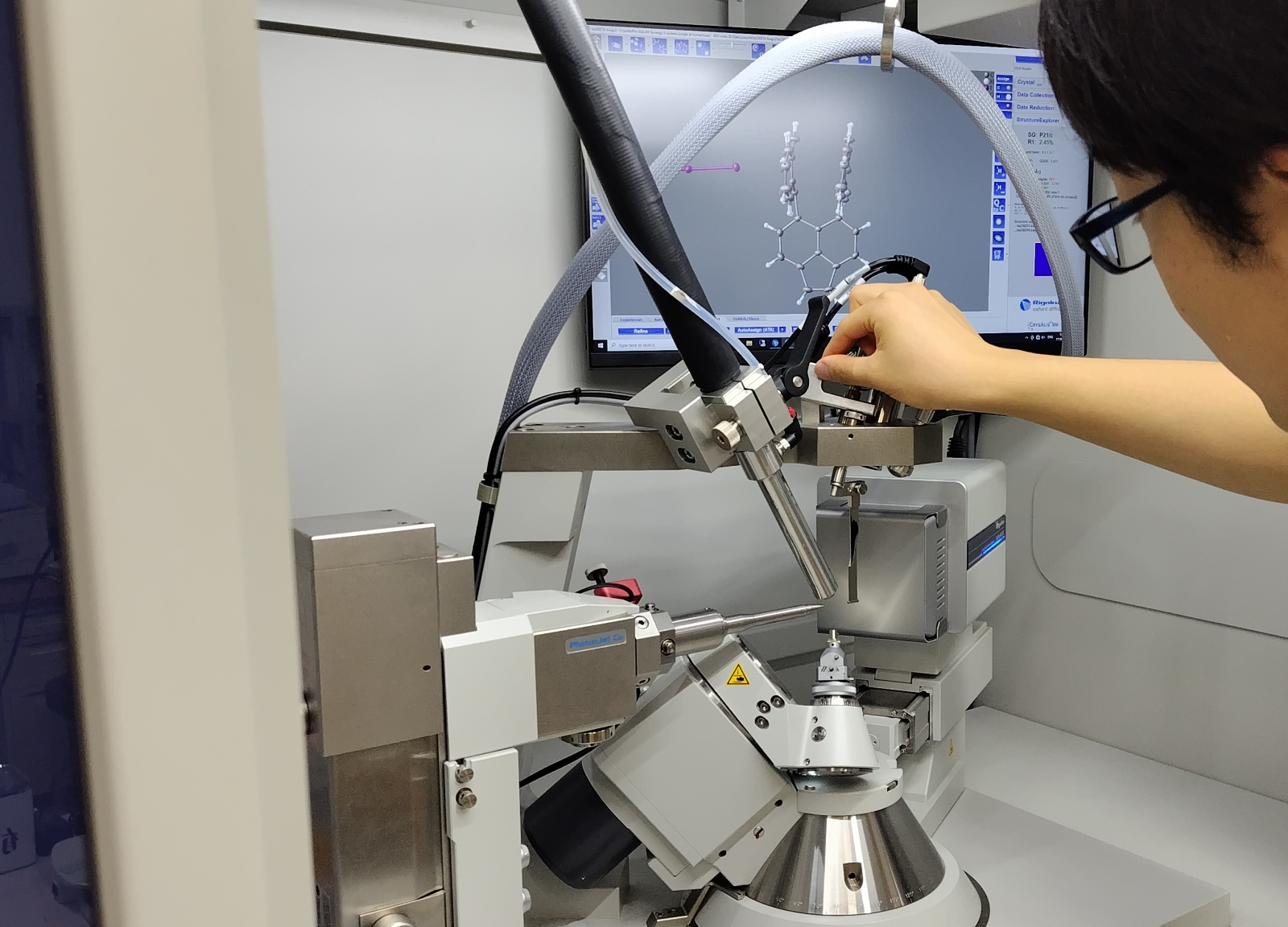Two international events are taking place in these days in Luxembourg. Aim of these events is to remind the importance of clinical trials in order to foster communication in clinical research. One of the objective of the International Clinical Trials' Days is to increase European citizens’ awareness on topics that, as it often happens, suffers from a gap between their impact on daily life and health, and their effective knowledge by the general public.
ECRAN (European Communication on Research Awareness Needs) is a project funded by the European Community, it is part of the organization of the event celebrated on May 20 and is also the promoter of the movie about James Lind, the physician to whom the performing of the first clinical trials are attributed.
In order to begin educating about the importance of clinical trials since the younger ages, on the project website an open letter to European Ministers for Education has been published. Aim of the letter is to ask the introduction of the teaching of clinical research in scholastic programs in secondary schools.
Here is the letter, while the plea may be subscribed by filling in this module.
To all European Ministers of Education; European Heads of Schools; European Teachers; and Parents.
Introduction to clinical research as part of the school education for all European school pupils for three consecutive years around the ages of 14, 15, and 16 years.
 As
a coalition of patient organisations, physicians, health researchers, and
health journalists we are concerned that public general knowledge about
clinical research is very sparse, and virtually absent about why independent
randomised clinical trials are needed. Most people will encounter clinical
research for the first time when they or relatives are invited to participate
in randomised clinical trials or other types of clinical research. This
invitation often follows devastating news of the diagnosis of a serious health
problem. We propose that steps should be taken to equip European citizens with
information and understanding which will help them deal effectively with the
challenges in such situations. We want patients and their relatives to become
better equipped to withstand the blows of a serious diagnosis followed by an
invitation to participate in clinical research designed to deal with
uncertainties about the relative merits of alternative management strategies.
As
a coalition of patient organisations, physicians, health researchers, and
health journalists we are concerned that public general knowledge about
clinical research is very sparse, and virtually absent about why independent
randomised clinical trials are needed. Most people will encounter clinical
research for the first time when they or relatives are invited to participate
in randomised clinical trials or other types of clinical research. This
invitation often follows devastating news of the diagnosis of a serious health
problem. We propose that steps should be taken to equip European citizens with
information and understanding which will help them deal effectively with the
challenges in such situations. We want patients and their relatives to become
better equipped to withstand the blows of a serious diagnosis followed by an
invitation to participate in clinical research designed to deal with
uncertainties about the relative merits of alternative management strategies.
PWe propose that all schools introduce as part of their curriculum, three 2-day education workshops on the theme of clinical research over three consecutive years. The education should be provided before high-school as part of the curriculum for pupils around 14 to 16 years old, and be implemented from the educational year 2015 to 2016. Local rules could require other ways to introduce clinical research into the curriculum.
The three 2-day workshops should become increasingly complex, but they should always aim to ensure basic understanding of the reasons why diagnostic, prognostic, therapeutic, and care decisions need to be based on reliable evidence; recognition of sources of bias and the development over time of methods to avoid these; and the rationale for independent clinical research.
We have a number of ideas for topics and materials that can be used for such educational workshops, encompassing material and tools from the ECRAN project (http://ecranproject.eu/); Testing Treatments interactive (http://www.testingtreatments.org/); The James Lind Library (http://www.jameslindlibrary.org/); The Cochrane Collaboration (http://www.cochrane.org/); The Cochrane Library (http://www.thecochranelibrary.com/view/0/index.html); and ECRIN (http://www.ecrin.org/). We would be happy to contribute to a more detailed curriculum for the European pupils. We would also suggest scientific assessments of the educational tools’ effects on knowledge.
A well prepared European population will make the population more open to clinical research through understanding the necessities and complexities of clinical research. That would help all European citizens, including the health sciences, healthcare systems, and the drug and device industries.

